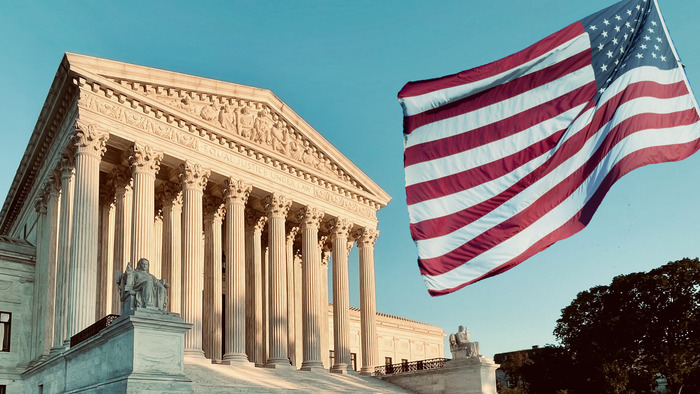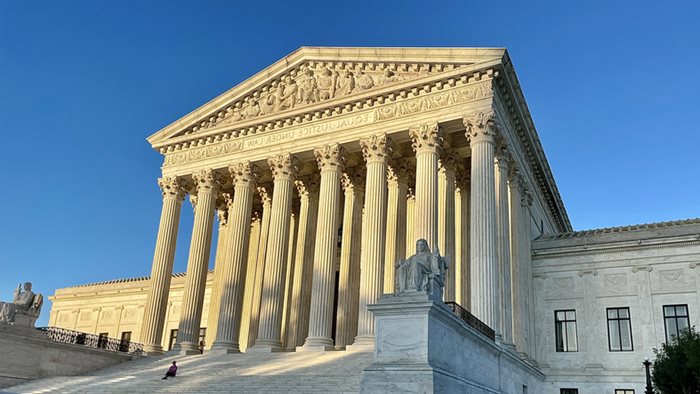Retailers Urge SCOTUS to Restore Uniform Standards
- By [ Deborah White ]
- Arlington, VA
- 11/06/2013
Today, the Retail Litigation Center (RLC) filed a brief amicus curiae with the Supreme Court of the United States urging the court to grant certiorari to address inequities in the lower courts’ application of class certification standards to product liability disputes. The underlying decisions ignore clear Supreme Court precedent and threaten to allow the class action device exception to swallow the rule that litigation should be conducted by and on behalf of individual parties
The cases in question, Sears Roebuck & Co. v Larry Butler et al. and Whirlpool Corporation v Gina Glazer & Trina Allison et al., from the United States Courts of Appeals for the Seventh and Sixth Circuits, respectively, saw lower courts certify classes in product liability disputes under lax standards, when a majority of members suffered no discernible injury. The courts determined that it would be expedient to certify these classes, a decision that the RLC brief argues is impermissible when considering established jurisprudence—specifically the failure to satisfy the commonality and predominance requirements that apply equally to all class certifications.
“The creation of a separate set of standards to certify a class for product liability cases is disturbing and incompatible with precedent,” said Deborah White, president, Retail Litigation Center. “The decisions of the Sixth and Seventh Circuits expose retailers to significant risk and will hurt consumers by eliminating services. The Supreme Court should take either of these cases under review and reaffirm the level standards for class certification.”
The brief goes on to discuss the unintended consequences that could result if the Court does not rectify the situation. In addition to raising the costs of doing business for retailers—costs inevitably passed on to consumers—the decisions could eventually result in more limited customer service practices, such as warranty programs, which provide expedited solutions to consumers. Instead, consumers would be left to wait for slow moving class action suits.
From the brief filed with the Supreme Court of the United States:
“The Seventh and Sixth Circuits have eviscerated this Court’s Rule 23 jurisprudence to place expedience before the rigorous analysis that this Court has deemed essential to any motion for class certification.”
“The principles attending these requirements are not unique to employment claims (Dukes) or antitrust claims (Behrend); they apply universally to all class actions, no matter the underlying claim’s substance.”
“By contrast, Butler II and Glazer II—through their erroneous vision of commonality and predominance (injury need not be considered)—automatically transport consumers from the cheap, efficient realm of informal dispute resolution into the judicial arena of class-action litigation, which can be expensive and cumbersome. All consumers of a product or service, even when the majority have experienced no problem, involuntarily become Rule 23(b)(3) class members.”
The complete brief can be found HERE. The brief was written by Gibson, Dunn & Crutcher LLP attorneys Rachel S. Brass, Scott P. Martin, and Andrew R. Gould.
###
The Retail Litigation Center is a public policy organization that identifies and engages in legal proceedings which affect the retail industry. The RLC, whose members include some of the country’s largest retailers, was formed to provide courts with retail industry perspectives on significant legal issues, and highlight the potential industry-wide consequences of legal principles that may be determined in pending cases.



